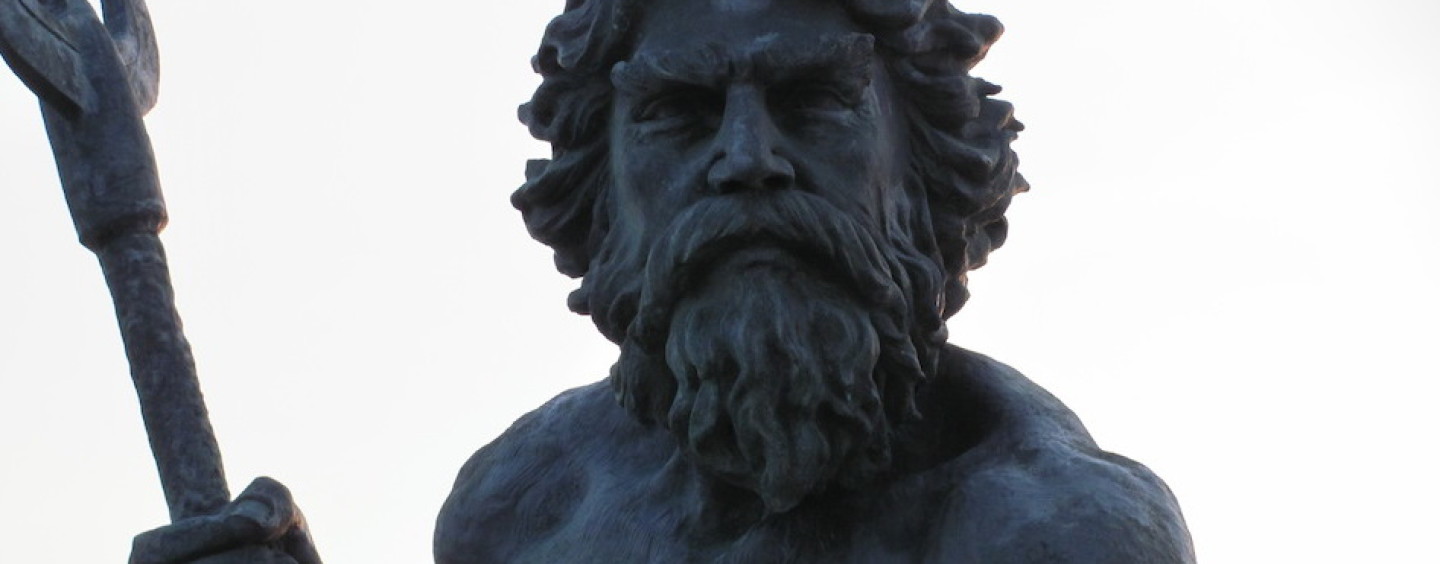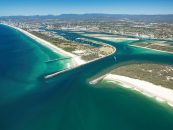It is interesting to note that many of the superstitions that were upheld during the early days of maritime exploration still apply to sea-goers of today. The origins behind such superstitions may not apply to modern life at sea. However, when it comes to something as erratic and unforgiving as the sea, who would want to take any chances?
Bananas have long been considered bad luck to carry on board a ship
Since the Spanish were largely active in the South Atlantic Ocean. Many ships carrying a cargo of bananas, among other things, sank during this bustling period of maritime history. As a result, sailors were quick to lay the blame on the connection between those ships and the cargo that they all had in common. The reality of this connection is that bananas were an exotic fruit grown in tropical climates and were in a high demand at the time. The time frame in which this precious cargo needed to reach port before they spoiled was rather small, meaning that only the fastest ships were relied on for this task. This meant that the captains of these ships, knowing that the precious fruit was at risk, would rush their trips, taking more risks and shortcuts along the way that gave these vessels a much higher sinking rate.
No sailor likes to set sail on a Friday.
The origins of this superstition dates back to biblical times, mainly because Jesus was crucified on a Friday. There is a story that speaks of a ship the ‘HMS Friday’ that the Royal Navy commissioned at some point in the 19th century in order to debunk the old ‘Friday’ myth. The keel of the HMS Friday was laid on a Friday and the captaincy was given to a man named James Friday, while her maiden voyage set off on…a Friday. The ship and her crew were never heard from again. It turns out that there is no evidence of a ship named the HMS Friday in any naval records, only adding to the mystery of it all. Thursdays are no good for sailing either, as Thursday is actually Thor’s Day, Thor being the Norse god of thunder. Either way, both these traditions apply today but more often in reverse, with numerous defiant modern day sailors trying to put an end to the theory.
Changing the name of a boat is the highest of sins in the sailing world.
Since the dawn of maritime exploration, it has been thought that a ship with a name also has a character—a character that may change or resent having its name changed irresponsibly. It was thought that every named ship is recorded on a ledger by Poseidon (God of the Sea, a.k.a. Neptune) himself and that the only way to change a boat’s name is to destroy all evidence that the boat ever had that name, and sacrifice the name by writing it on a piece of metal and tossing it into the sea. Only then can it be renamed. Although not many people believe Poseidon these days, there are many stories of doomed renamed ships in circulation today and most owners will either not rename a boat, or will do so in the proper manner out of respect for the boat and her previous owners.
The reasons for carrying on these traditions may have changed over the years, but that fact is just a haunting reminder that despite all our knowledge of the sea, weather predicting ability and technology, we are still as mortal as ever and at the ocean’s mercy. When it comes to life and death situations, we will take all the help we can get, even if the furthest extent of that help is only to put our minds at ease.
By Matt Jackson



























